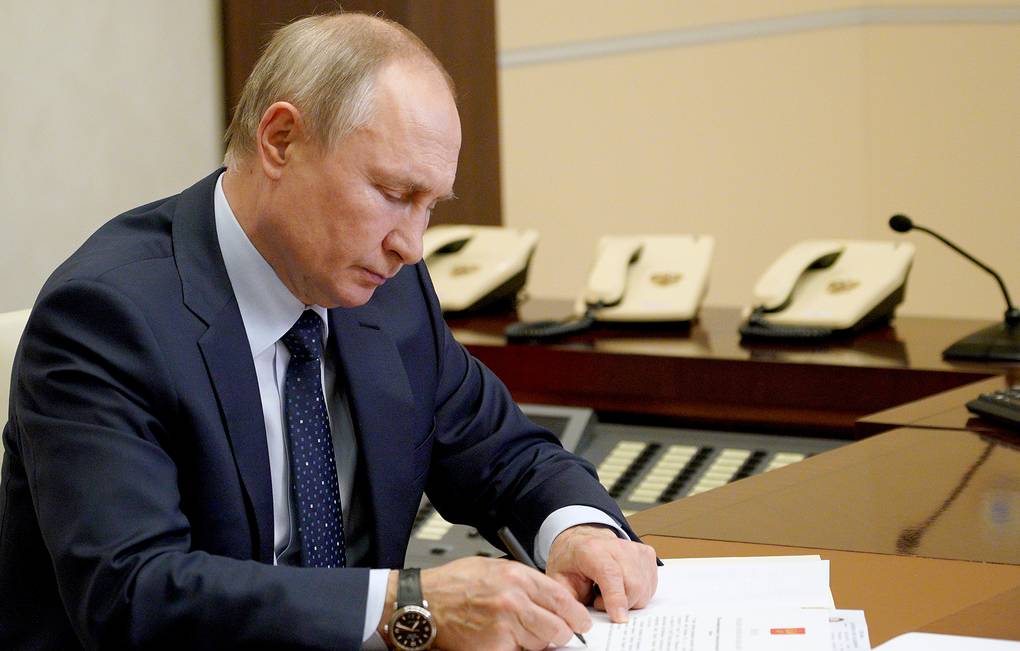Amid harsh Western sanctions and soaring inflation stemming from the war in Ukraine, Russian President Vladimir Putin has enacted legislation giving legal status to a digital ruble. The law empowers Russia’s central bank to be the platform operator for the digital currency.
The law authorizes Russia’s central bank, the Bank of Russia, to be the platform operator for the central bank digital currency (CBDC). It also legally defines users of the digital ruble and outlines how banks will function under the new framework.
Despite Putin approving the legislation, Russian authorities stated widespread adoption is still years away. In an interview, central bank deputy chair Olga Skorobogatova told Forbes that most people likely won’t have access to digital ruble wallets until at least 2025.
Unlike decentralized cryptocurrencies like itcoin">Bitcoin, a central bank digital currency is a centralized token pegged to a national fiat currency. Due to soaring inflation exacerbated by Western sanctions over Russia’s war in Ukraine, the ruble is now one of the world’s worst performing currencies.
The ruble is currently valued at 90.6 per US dollar and 100 per euro. To combat high inflation, Russia’s central bank raised interest rates to 8.50% last week.
The concept of a digital ruble has been discussed in Russia for years, but became more urgent after Western sanctions severed Russia’s access to international finance following the Ukraine invasion. Legislative efforts to launch the CBDC progressed rapidly this year.
In the past two weeks, Russia’s parliament passed the bill in both the State Duma and Federation Council before sending it for Putin’s approval. This allows the central bank to commence testing the digital currency starting August 1.
The legislation allows Russians to make payments and transfers from digital wallets within the central bank’s platform or partner banks, but the digital ruble can only be used for transactions, not loans or deposits per the central bank.
Two days after the bill passed, central bank governor Elvira Naibullina said adopting the digital ruble is voluntary, but she hopes more people will opt to use it since it should be cheaper and more convenient. She stated that if people want to use it they can, if not they don’t have to, but it presents a new opportunity.





